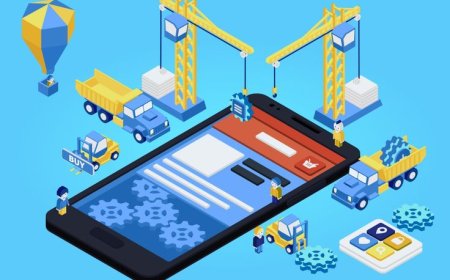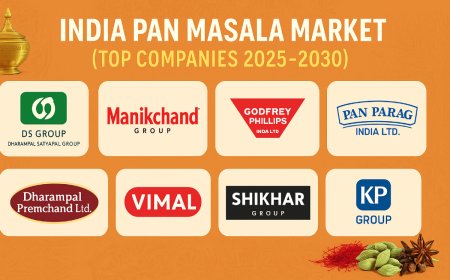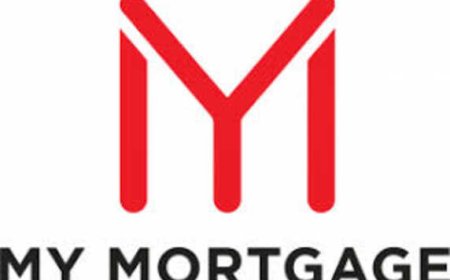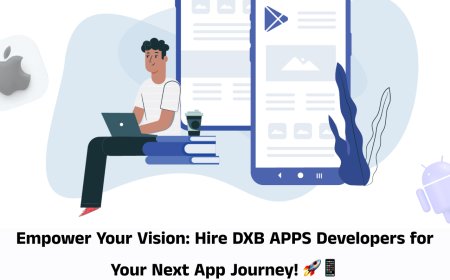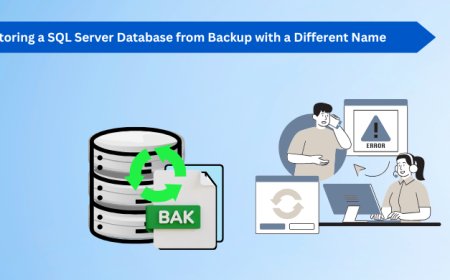Custom vs. Template Apps: What a Fitness App Development Company Should Provide
Ask these 10 essential questions before hiring a fitness app development company to ensure your app succeeds. Learn what to expect and avoid costly mistakes.
In todays tech-driven fitness world, mobile apps are more than just workout guides theyre digital companions that track progress, boost motivation, and deliver personalized experiences. For businesses aiming to break into the fitness app market, one big decision stands in the way: custom vs. template apps. This decision can significantly impact the success of your digital product. So, what exactly should a fitness app development company offer to help you make the best choice?
In this blog, well break down the pros and cons of each approach, explore what to expect from a quality development partner, and guide you on how to align your business goals with the right solution.
Understanding Custom Fitness Apps
A custom fitness app is built from scratch, tailored to your business's unique needs, branding, and functionality requirements. Think of it like designing a gym from the ground up every piece of equipment, color, and layout is your call.
Key Benefits of Custom Apps
-
Unique Branding and UX Design
Custom apps allow full control over the user interface (UI) and user experience (UX), ensuring your app reflects your brand identity. Whether its a clean minimalist look or a vibrant, interactive interface, the app is designed to attract and retain your specific audience.
-
Tailored Features
Need to integrate AI-driven meal plans, real-time video sessions, or community forums? With a custom build, the skys the limit. You can prioritize features that directly impact user engagement and retention.
-
Scalability
As your business grows, so can your app. A custom solution is built to evolve, allowing for new features, integrations, and performance improvements without limitations.
-
Competitive Advantage
Standing out in the saturated fitness market requires innovation. A custom app allows you to offer something your competitors cant easily replicate.
Challenges of Custom Apps
-
Higher Initial Cost
Building from scratch requires time and investment. Youll be working with developers, designers, and testers all of which come at a cost.
-
Longer Development Time
Depending on complexity, a custom app can take several months to build and test.
-
Ongoing Maintenance
Custom code requires ongoing support, updates, and potential bug fixes, adding to long-term costs.
Understanding Template Fitness Apps
Template apps are pre-built solutions that can be quickly customized with your content, logo, and basic features. Theyre the plug-and-play of the fitness app world fast, affordable, and great for getting started quickly.
Key Benefits of Template Apps
-
Faster Time to Market
Since the core structure already exists, launching a template app can take weeks instead of months.
-
Cost-Effective
Ideal for startups or small businesses, template apps offer a lower upfront investment.
-
Proven Functionality
Many templates are based on popular, successful fitness app features. Youre starting with something that already works.
-
Easy Setup
Minimal development skills are needed. In some cases, fitness entrepreneurs can launch apps without writing a single line of code.
Limitations of Template Apps
-
Limited Customization
While you can change colors and content, deeper feature customizations are usually not possible.
-
Generic User Experience
You may end up with an app that looks and feels just like dozens of others in the market.
-
Scalability Constraints
As your user base grows or feature demands evolve, template apps can quickly become restrictive.
-
Lack of Unique Branding
With fixed templates, it's challenging to reflect your brands full personality, making user retention more difficult.
What Should a Fitness App Development Company Provide?
Now that weve weighed the pros and cons of both options, lets dive into what a reliable fitness app development company should provide regardless of which path you choose.
1. Business-Centric Consultation
Your development partner should begin with a deep dive into your business goals, target audience, budget, and growth plans. This consultation helps determine whether a custom app or a template is the better choice.
2. Market & User Research
The fitness industry is constantly evolving. A good development company should bring data-backed insights into current fitness trends, user expectations, and competitor strategies.
This research informs both UI/UX design and functionality ensuring the final product is user-first.
3. Scalable Architecture
Whether custom or template-based, the app should be built with scalability in mind. The backend should allow for user growth, analytics tracking, and performance stability.
4. Design Expertise
For both approaches, design is critical. The company should offer intuitive design that matches your brand voice and appeals to fitness enthusiasts bold CTA buttons, progress animations, clean dashboards, and more.
5. Customization Flexibility
If you opt for a template, the development team should still allow room for meaningful customizations. This includes branding, integration with fitness devices, and premium features like calorie tracking or wearable syncing.
If custom, the team should provide wireframes, prototypes, and design iterations based on your feedback.
6. Third-Party Integrations
Fitness apps often rely on external services Google Fit, Apple Health, MyFitnessPal, Stripe for payments, or Twilio for messaging. A robust fitness app development company should have expertise integrating such APIs efficiently.
7. Cross-Platform Development
Whether your audience is on iOS, Android, or both your chosen development company should ensure smooth cross-platform functionality using native or hybrid frameworks like Flutter or React Native.
8. Security and Compliance
Handling user data (especially health data) requires strict attention to privacy. Your app development partner should follow industry standards like HIPAA (in the U.S.) and GDPR (in Europe).
Encryption, secure login, and privacy settings should be standard offerings.
9. Analytics and Insights
The development company should integrate real-time analytics so you can track user engagement, retention rates, and feature popularity. This data is crucial for app improvements and business decisions.
10. Post-Launch Support
Once the app is launched, the journey isnt over. Youll need technical support, bug fixes, updates, and possibly feature expansions. A reliable partner will offer ongoing maintenance and support packages.
When Should You Choose a Custom Fitness App?
Opt for a custom app if:
-
You have a unique business model or value proposition
-
You want advanced features like machine learning or video coaching
-
Youre aiming to scale and expand globally
-
Branding and user experience are top priorities
-
Budget and timeline are flexible
When Should You Choose a Template Fitness App?
A template app may be your best choice if:
-
Youre launching a Minimum Viable Product (MVP)
-
Youre working with a limited budget
-
You need to go to market quickly
-
Youre testing a new idea before investing in full-scale development
Real-World Examples
Custom Success Story: Fitbod
Fitbod is a personalized strength training app that uses AI to suggest workouts. Its powerful algorithm, adaptive routines, and polished interface make it a perfect example of whats possible with custom development.
Template Example: My PT Hub
My PT Hub offers a templated solution for personal trainers. It allows quick branding, workout uploads, and client management. Its ideal for small businesses but lacks the uniqueness of custom-built apps.
Final Thoughts: Finding the Right Fit
The custom vs. template debate isnt about which is better overall its about which is right for you. A top-tier fitness app development company should provide both options and help guide you through the decision-making process with clarity, honesty, and technical know-how.
If youre just starting out and want to validate an idea, a template solution can help you get off the ground. But if youre building a brand, looking to disrupt the market, or offering a novel fitness experience, going custom is worth the investment.
Why Choose Appingine as Your Fitness App Development Company?
At Appingine, we understand that every fitness business has a different journey. Whether youre a solo trainer launching your first app or a global gym chain rolling out a personalized fitness platform, we offer flexible development services tailored to your needs.
We specialize in both custom app development and scalable template solutions, empowering you with:
-
Detailed business analysis
-
Award-winning UI/UX design
-
Advanced feature integration (AI, AR, IoT)
-
Secure and compliant architecture
-
Agile development process
-
Post-launch support & analytics
Let Appingine turn your vision into a high-performance fitness app built to move your business forward.
Ready to take the next step?
Contact Appingine today and lets build the fitness app your audience deserves.





